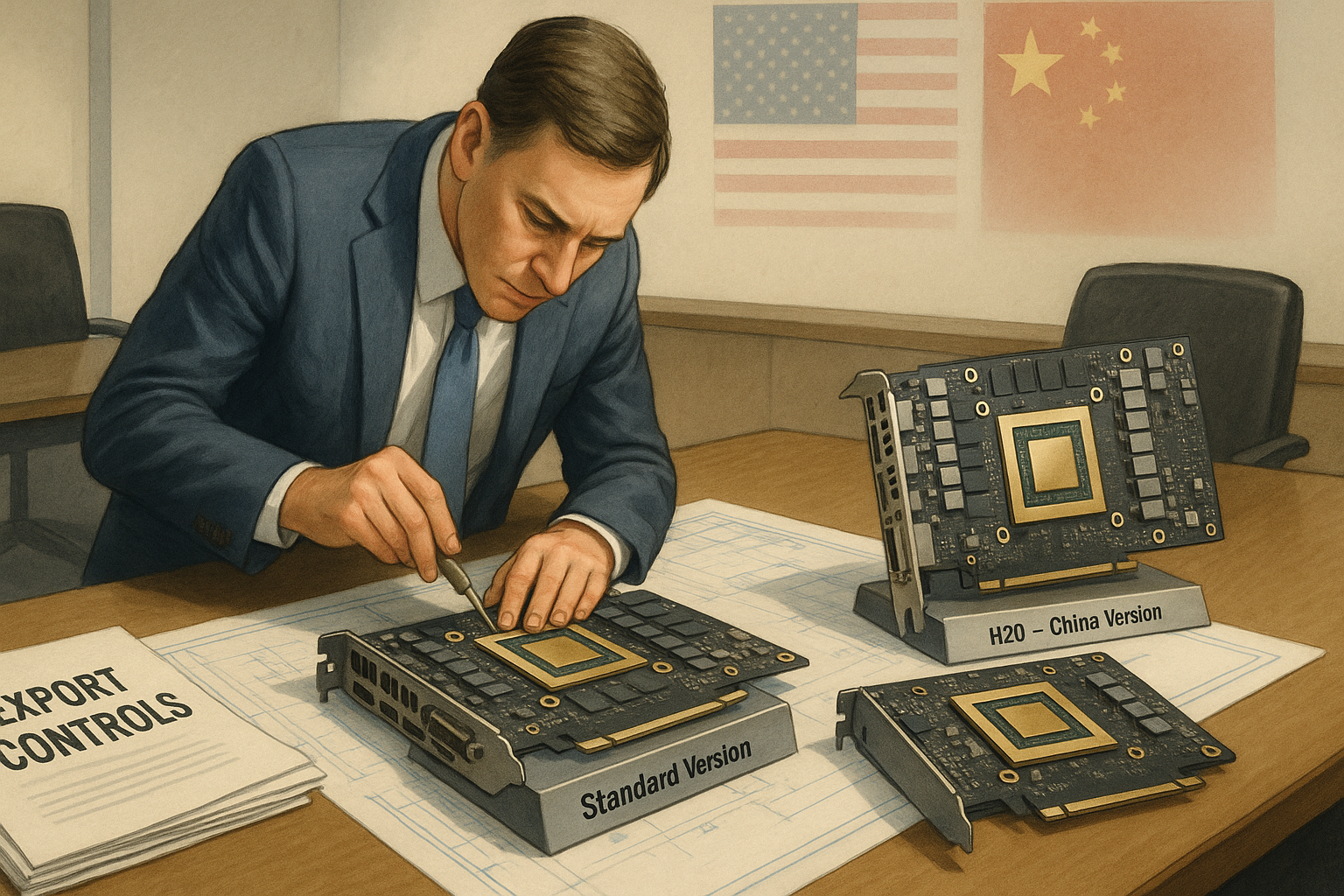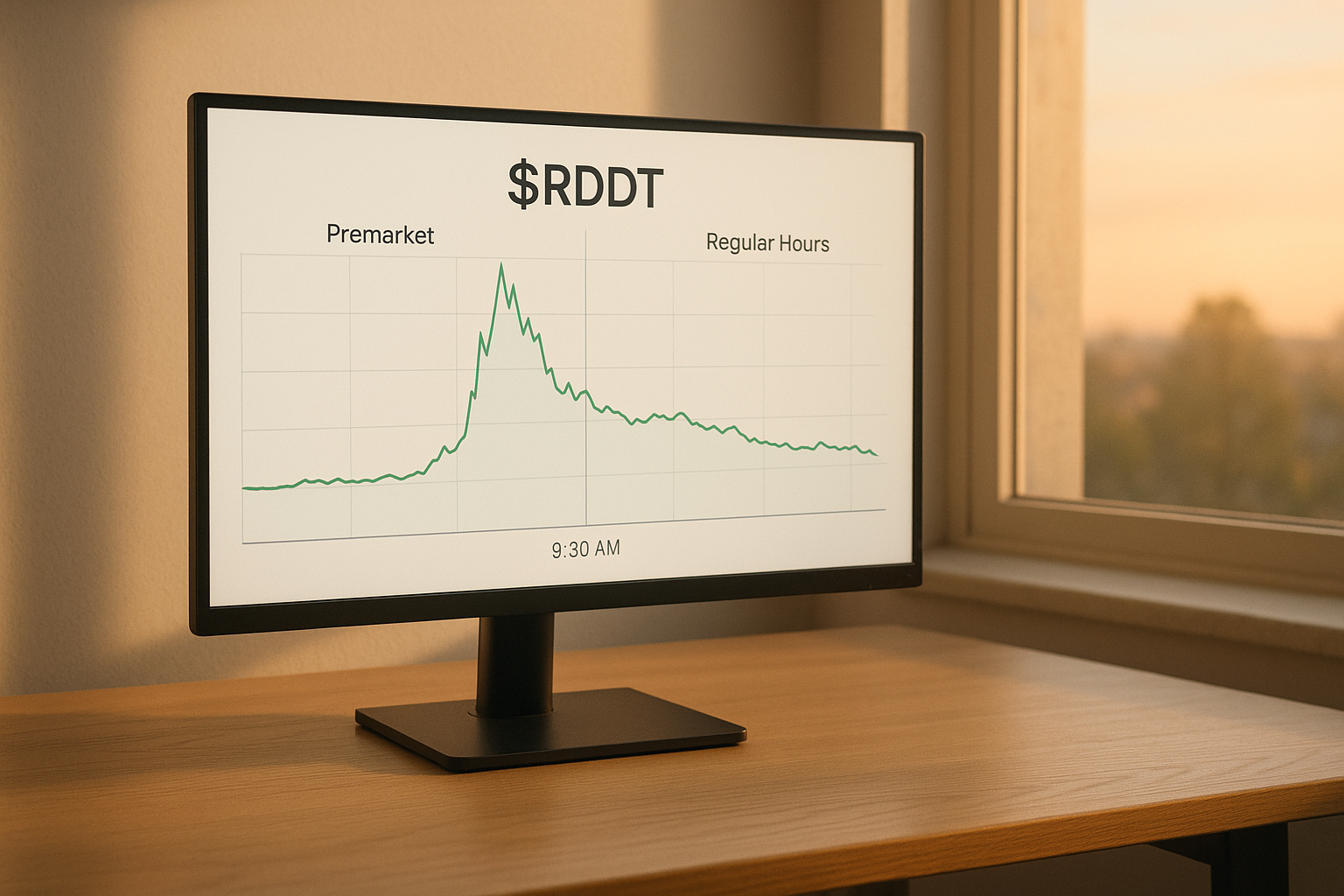Nvidia is back in the China game, folks. After months of uncertainty, the tech giant has resumed selling its specially designed H20 GPUs to Chinese customers—a move that sent the company's stock upward and had analysts buzzing.
But let's back up a minute. What we're witnessing isn't just a product launch; it's a masterclass in corporate diplomacy.
These H20 chips aren't your standard graphics processors. They're deliberately engineered to be... well, not quite as good as what Nvidia sells elsewhere. Having covered semiconductor export politics for years, I can tell you this is unprecedented—a company specifically creating handicapped products to comply with export controls while still maintaining access to a crucial market.
"It's like watching a technological limbo contest," one industry analyst told me last week. "How low can they go while still making something Chinese companies will actually buy?"
The whole situation is frankly bizarre. Nvidia engineers have essentially been tasked with creating chips that are precisely as powerful as U.S. regulations allow—no more, no less. There's something almost comical about imagining meetings where executives ask, "Is this chip illegal yet? No? Add a little more processing power!"
China represents roughly a quarter of Nvidia's revenue stream. That's billions with a B, people. When the Biden administration first announced these export restrictions, Nvidia took an immediate hit. Wall Street panicked (it does that), and questions swirled about whether the AI chip juggernaut would lose its footing in one of the world's largest markets.
Instead, the company did what tech companies do best—they engineered a workaround.
Look, the semiconductor industry has always been political. But rarely has the geopolitics been this naked, this obvious. What we're seeing is the creation of parallel technology ecosystems—one for China and one for everyone else. It's the tech equivalent of those "American cut" movies that remove certain scenes for foreign audiences, except with billions of dollars and national security at stake.
I spoke with several industry insiders who confirmed that Nvidia isn't alone in this dance. Other chip companies are scrambling to create similar "export-compliant" versions of their advanced products. One source (who requested anonymity because, well, this stuff is sensitive) described it as "technological gerrymandering."
The financial implications are significant. Nvidia's stock jumped on this news, which makes perfect sense—the company has threaded an incredibly difficult needle. They've managed to maintain access to the Chinese market while staying in Washington's good graces. That's no small feat these days.
But there's a bigger question lurking beneath all this corporate maneuvering: Do these export controls actually work?
The cynical view (and trust me, there are plenty of cynics in this industry) is that determined Chinese entities will find ways to access cutting-edge AI hardware no matter what. The Chinese government isn't exactly known for saying, "Oh well, guess we'll just fall behind in AI development!"
On the other hand... these restrictions do create friction. They make advanced AI development more difficult and more expensive in China. And in technology, sometimes a one-year delay can make all the difference.
Meanwhile, the semiconductor landscape continues shifting in other ways. ASML—the Dutch company that makes the machines that make the chips—just posted earnings that blew past expectations. Apple continues its careful China manufacturing dance. And TSMC keeps expanding its Arizona presence, another sign that "globalization" in tech now means "having factories in friendly countries."
In the midst of all this, Nvidia keeps selling chips. Different chips to different places, sure, but selling nonetheless.
The market is focusing on the immediate revenue implications rather than the long-term structural changes this represents. But then again, quarterly earnings calls don't typically include philosophical discussions about the future of globalization and technology diffusion.
So Nvidia keeps dancing—one step toward China, one step toward Washington, always moving, never standing still long enough for anyone to get too upset. It's a high-wire act performed by a company that, not that long ago, was mostly known for making graphics cards for gamers.
Times change. Markets evolve. And companies adapt—especially when billions of dollars are on the line.




